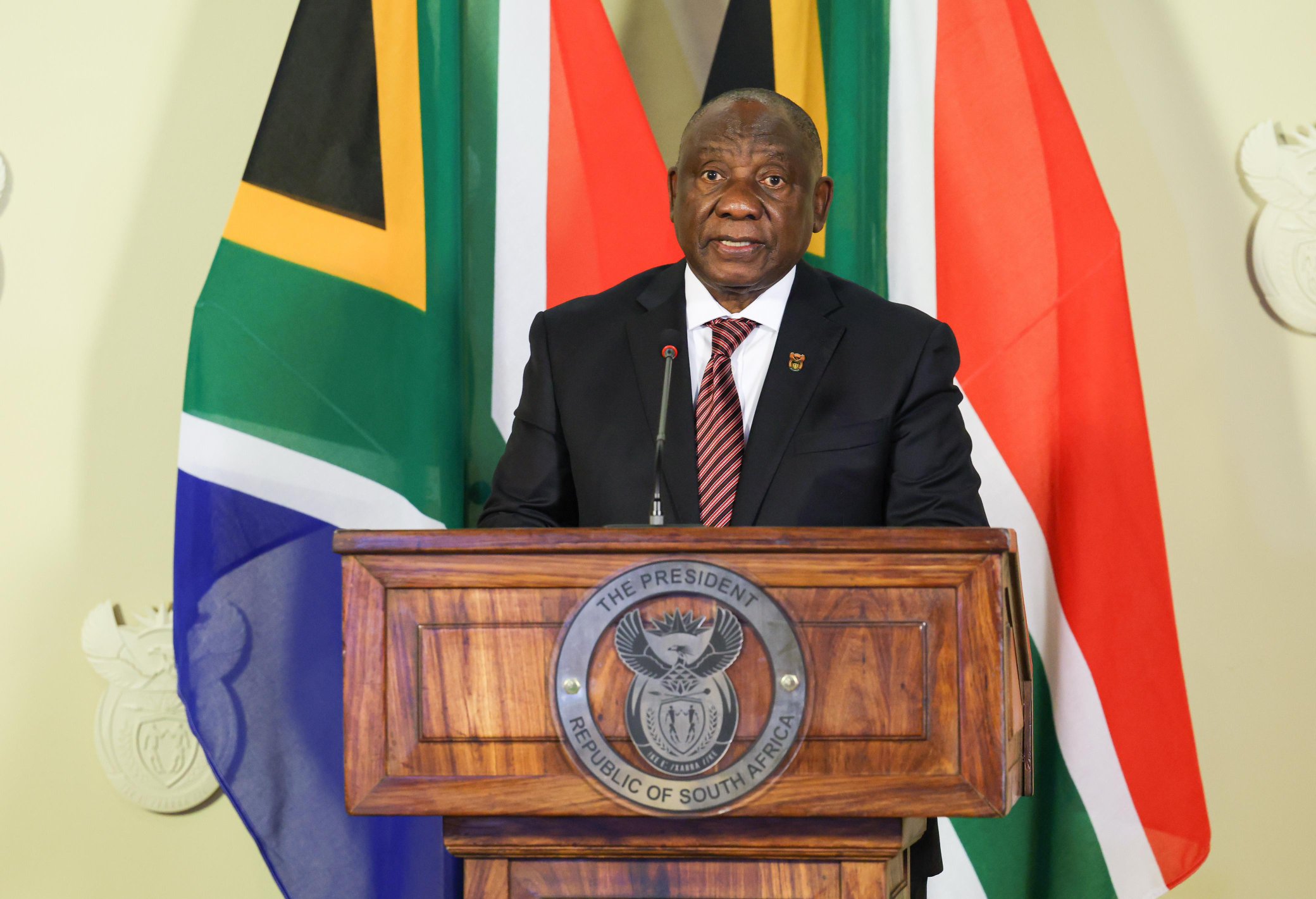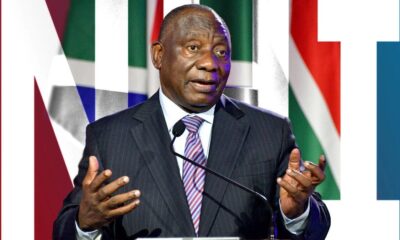News
Apartheid Victims’ Families Plead for Justice as Ramaphosa Seeks Case Delay

“We’re Running Out of Time”: Apartheid Victims Push Back Against Ramaphosa’s Delay Request
As perpetrators age and pass away, families of apartheid victims make an urgent appeal for justice
In a courtroom filled with echoes of unresolved pain, a decades-long battle for truth and accountability reached a critical moment this week. Families of apartheid-era victims, many now elderly themselves, stood firm against President Cyril Ramaphosa’s bid to delay their R167 million damages lawsuit, a case rooted in some of South Africa’s darkest history.
And for them, time isn’t just ticking. It’s vanishing.
Justice deferred, again?
At the heart of the dispute is a simple question: Can justice for apartheid-era atrocities be delayed, again in the name of due process?
President Ramaphosa, through his legal team, has asked the Gauteng High Court in Pretoria to stay proceedings while a newly appointed commission of inquiry, led by retired Judge Sisi Khampepe, investigates why so many Truth and Reconciliation Commission (TRC) recommendations have gone ignored, especially around murder prosecutions.
Representing the state, Advocate Timothy Bruinders told the court that the truth must first be fully uncovered before damages can be awarded.
But to the families, this feels like a stalling tactic, one they’ve heard before.
“They are dying off”: A generation’s final plea
Speaking for the 25 families and survivors, Advocate Matthew Chaskalson delivered a stark reminder: many of the perpetrators and their victims are reaching the end of their lives.
“These are crimes committed 30 to 35 years ago,” he told the court. “The suspects are mostly in their 70s. Some of our clients have already passed away.”
He argued that waiting for the commission’s report, which has less than four months left of its original six-month term, is risky and likely unrealistic. History, he said, has shown that commissions of inquiry tend to “drag on.”
Cradock Four and the ghosts of justice unserved
Among the families seeking justice are relatives of the Cradock Four, an iconic group of anti-apartheid activists brutally murdered by security police in 1985. Despite the TRC’s 1998 recommendation to prosecute those responsible, no meaningful steps have been taken, a failure the applicants believe reflects a broader systemic reluctance to pursue justice for apartheid crimes.
Their lawsuit isn’t just about compensation. It’s a constitutional damages claim aimed at holding the democratic government accountable for failing to act on the TRC’s findings.
The state’s position: Truth must come first
The presidency’s legal team maintains that the Khampepe commission was established in good faith and reflects the government’s commitment to truth and closure.
“The president sympathises with the families,” Bruinders said. “There’s concern over the lack of closure. These prosecutions should have happened long ago.”
But he emphasized that “the facts are still unknown” and that the court needs the commission’s findings before ruling on damages.
He also warned that politicizing the process, by appearing to oppose victims’ families could have reputational consequences for the government.
Still, Judge Nicolene Janse van Nieuwenhuizen posed a hard question: Shouldn’t it be up to the families to decide whether they want to proceed now or wait?
More than a legal matter a moral reckoning
The tension in this case isn’t only legal, it’s moral. South Africa’s democratic project was founded on a promise: that the injustices of the past would be confronted head-on, not swept aside.
Yet for years, families like those of the Cradock Four have watched successive administrations delay, deflect, and dodge meaningful accountability. And now, with another delay potentially on the table, their patience is all but gone.
This isn’t just a battle over paperwork, it’s a fight for dignity, recognition, and closure.
Judgment pending, hope hanging
The court has reserved its judgment, and until then, both sides wait. For the families, it’s yet another pause in a life defined by unanswered questions. For the government, it’s a chance to prove that the promises made in post-apartheid South Africa still matter, even when they are politically inconvenient.
And for a nation still grappling with its past, this case could set a powerful precedent: Does justice have an expiration date?
{Source: The Citizen}
Follow Joburg ETC on Facebook, Twitter , TikTok and Instagram
For more News in Johannesburg, visit joburgetc.com



























